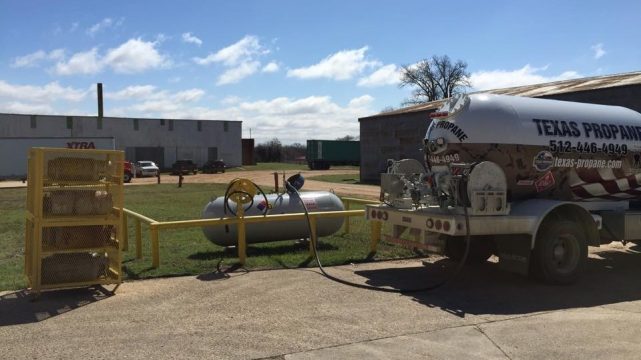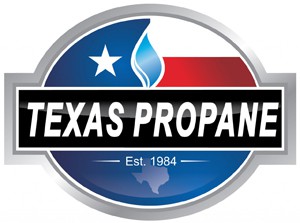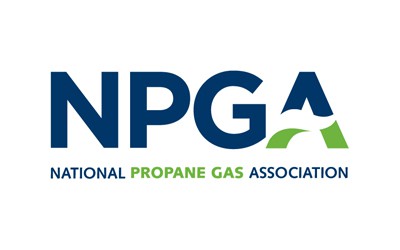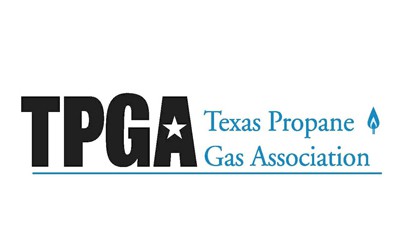
Propane is a popular choice for powering small businesses in remote areas because it is reliable, efficient, and cost-effective. It can be used for a wide range of applications, including heating, cooking, and generating electricity.
One of the main benefits of using propane in remote areas is its versatility. It can be used in a variety of equipment and appliances, including space heaters, water heaters, and generators. This makes it a convenient choice for businesses that need to power multiple operations with a single fuel source.
Another advantage of propane is its efficiency. Propane appliances are known for their high energy efficiency, which means they use less fuel to produce the same amount of heat or power. This can translate into significant cost savings for businesses, especially in remote areas where fuel may be more expensive.
Propane is also a clean-burning fuel, making it a good choice for businesses that are concerned about the environment. It produces fewer emissions than other fossil fuels, which can help to reduce the carbon footprint of a business.
Despite these benefits, there are some challenges to using propane in remote areas. One of the biggest challenges is the need for a reliable source of fuel. In some cases, propane may need to be delivered to remote locations by truck, which can be costly and time-consuming.
Another potential challenge is the cost of installing and maintaining propane systems. While propane appliances and equipment can be more expensive upfront, they often pay for themselves over time through energy savings and reduced maintenance costs.
Overall, propane is a viable and cost-effective option for powering small businesses in remote areas. Its versatility, efficiency, and clean-burning properties make it a good choice for businesses that need a reliable source of energy. By investing in propane systems and equipment, businesses can save money and reduce their environmental impact, while also ensuring that they have the power they need to succeed.






